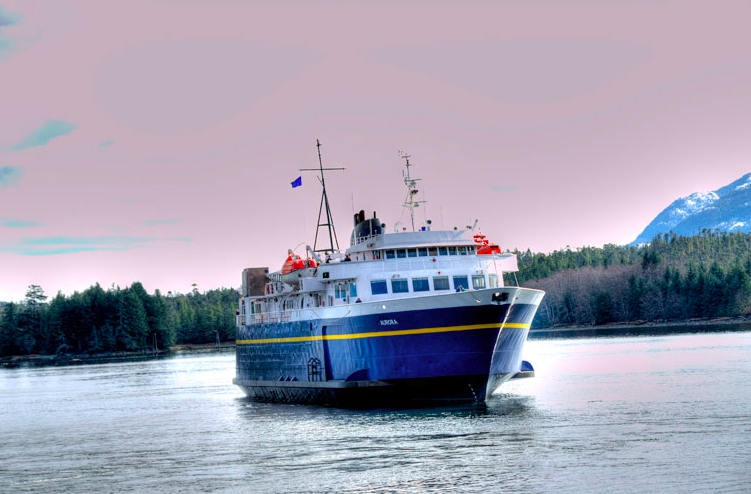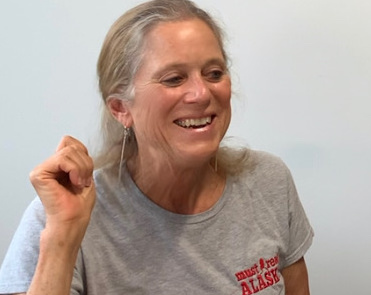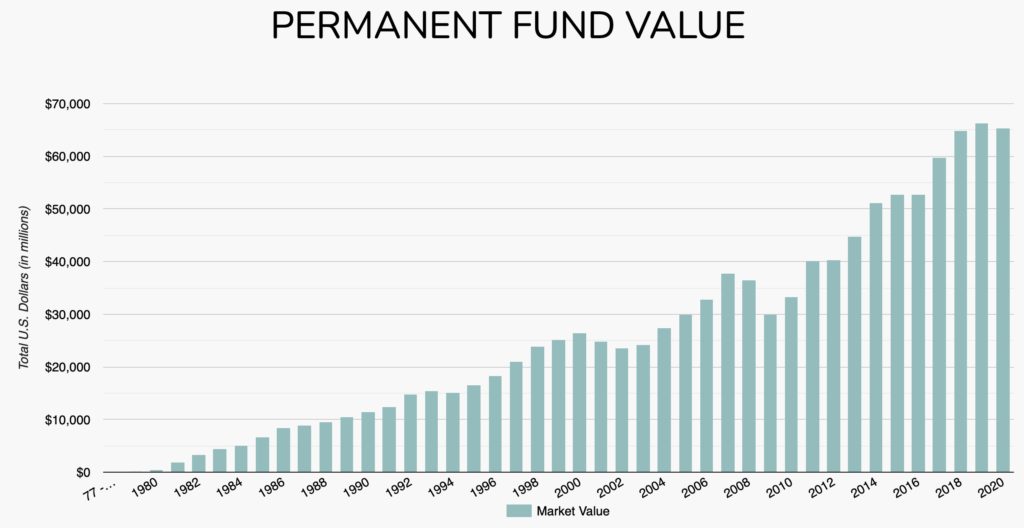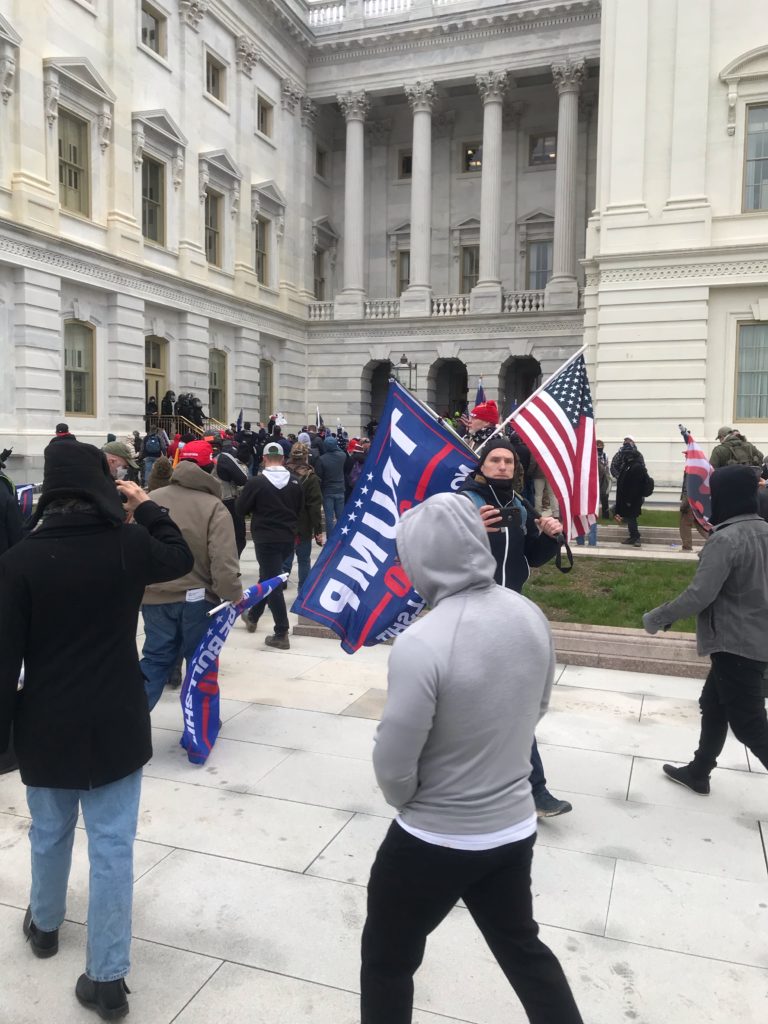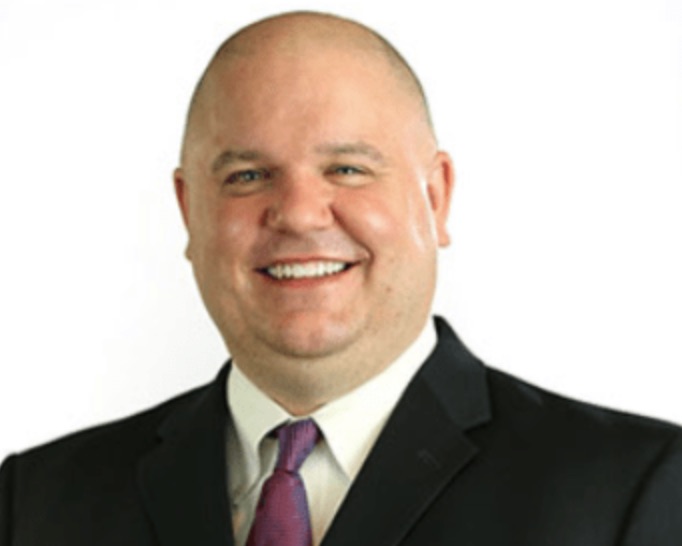For Anchorage election workers, this month’s mayoral runoff was like no other, according to the Washington Post.
That much is true, but not informative: All election runoffs in Anchorage are unlike any other runoffs, but with the new all-mail-in election, this was the first mayoral runoff Anchorage has had under the new system.
This runoff stood alone in many respects, not the least of which that it appeared to be a close election. It deserved scrutiny, at least in the eyes of conservatives, many of whom are now less accepting that election centers around the country are being run fairly.
Also, since the mail-in elections started in 2018, there was an active campaign watching the ballot-counting process. It was more than apparent that Anchorage Municipal Clerk Barbara Jones didn’t like the scrutiny. She became more and more agitated as the days went by. Some days, observers said she was on the verge of “losing it.”
She told the Anchorage Assembly in her election report last week that her workers were accosted in the parking lot, when in fact, they were observed at the Election Office hours after they had told Bronson campaign volunteers they were done for the night, that they were going home. Bronson volunteers asked them what they were still doing there, after they had stated they were done for the night. This, according to Jones, is accosting.
The Washington Post reported that talk radio and blogs (really?) reported blank ballots being “smuggled into the Election Center, which Jones described as part of an effort to “sow distrust among voters.”
The reporter from the Washington Post was willing to allow these allegations to go unchallenged. The reporter’s call to the Bronson campaign came at 8 9 pm Alaska Time, the night before the Post published the story at 1 am. The Bronson campaign was not able to respond in time, but such are the techniques of fake news.
Jones’ and the Washington Post‘s parroting story is inaccurate: No one ever said the ballots were “smuggled in.” No blog has suggested that. No news agency ever suggested that.
In photos, Must Read Alaska showed they were brought in during broad daylight, and that caught the eye of Bronson elections observers who wanted to know, understandably, why boxes of blank ballots were arriving in the Election Center where marked ballots were being counted.
Read: What? Blank ballots hauled into Anchorage ballot counting center
In fact, Must Read Alaska wrote, “In what may be seen as an act of transparency or sheer cluelessness, election workers unloaded 50 boxes of blank ballots at the Anchorage Election Office on Friday, and stacked the boxes in one of the spacious rooms. In broad daylight, while counting is underway in the mayor’s runoff election.”
The Washington Post’s fake news machine interprets this as MRAK stating the ballots were “smuggled in.”
The boxes of blank ballots created a reasonable concern for observers, because this procedure was something never seen before by the public. Yet Jones acted as if this was an outrageous degree of curiosity.
It soon became clear to the Bronson campaign that the Election Office had not only blank ballots, blank envelopes but the ability to print bar codes on them — everything it would take to sway an election, and all in the same place where marked ballots were arriving. What could possibly go wrong?
It deserved an explanation, one that should have been offered to the campaigns in advance.
The Post also didn’t report that Jones had never faced any scrutiny before and thus was not emotionally prepared to handle it, nor did she have a good system in place to respond to challenges, many of which she has described as outrageous.
For example, when thermal totes filled with pizza boxes arrived at the Election Office, one Bronson volunteer asked to look inside, just to make sure those were pizzas in those big totes. Call it outrageous, but after the 2020 General Election, volunteers can’t take anything at face value.
The ramped-up scrutiny began when Jone and her staff failed to lock the door of the Election Center on election night. A citizen rolled through the parking lot and recorded a woman, after 11 pm, opening the door of the ballot counting building, because it had been left unlocked. Must Read Alaska posted the video. None of this is reported by the Post.
The next day, the Bronson campaign parked an RV outside the building and kept it staffed 24 hours a day with wide awake volunteers taking shifts to provide some sense of oversight to what was looking like a loose operation.
Jones also reported to the Assembly last week that observers were openly hostile to her. Losing candidate Forrest Dunbar reported to the Washington Post that those hostile observers were from the Bronson campaign, and the Washington Post ran with that as the truth. The sour-grapes candidate and the offended election clerk were the echo chamber corroboration for the fake news machine.
The Post reporter had not seen how collegial and “jokey” the Elections personnel were with surrogates of the Dunbar campaign, and how the Dunbar campaign had sent her flowers in the middle of the counting process. Those flowers came from Assemblyman Chris Constant, who was there on behalf of the Dunbar campaign daily.
The Post didn’t write about how a fire alarm went off moments after Constant had signed out of the building one day, and the building was evacuated for the false alarm. The Post didn’t report that the Fire Department union had endorsed Dunbar.
As both Assemblymen Constant and Dunbar are her employers, Jones is beholden to them and the other liberal members of the Assembly who had endorsed Dunbar. They can fire her at any time.
The Post did not report that the Dunbar election observers would appear just moments before the Clerk would announce the staff was going to do ballot adjudication, which gave Bronson volunteers the distinct impression that the Clerk had texted the Dunbar camp to let them know they should come over. An enterprising reporter should file a public records request for text messages sent between personnel at the Election Office and Constant and Dunbar and his campaign workers.
(Note to Jones and the Election Office in Anchorage: Did you destroy those text messages already? There are screenshots.)
What the Post did not know about was the open disdain that the election workers showed toward the volunteers from the Bronson Campaign.
Nor did the Post report on the ageism displayed by Jones as she told the Bronson campaign manager that, due to his age (all of 21) he could only speak when spoken to by his elders, including her. When he asked questions, she shouted at him and directed him to shut up. There is a recording of her bullying him.
What the Post doesn’t know is that the things Jones said was recorded by witnesses. What the Post doesn’t know is that Must Read Alaska has heard the recordings of her wild ranting and insulting of the Bronson campaign.
The Post doesn’t know that the attorney hired by the Municipal Clerk to oversee and consult on the the elections is the same attorney who has a separate contract with the company that runs the Dominion voting machines for Anchorage.
But Jones got the last word in the mainstream media, attacking the Bronson campaign volunteers with a vengeance. As with other stories placed in The Washington Post by leftists, this one was poorly reported and told but one side.
Jones released a report to the Assembly in which she complained loudly about the intensity of the volunteer observers, and how they were intentionally harassing her and her workforce.
She wrote the report not knowing that everything she said to Bronson volunteers is recorded, and that the campaign has been incredibly kind to her by not releasing the tapes to the media.
Read Barbara Jones’ report to the Assembly complaining about Bronson volunteer observers
